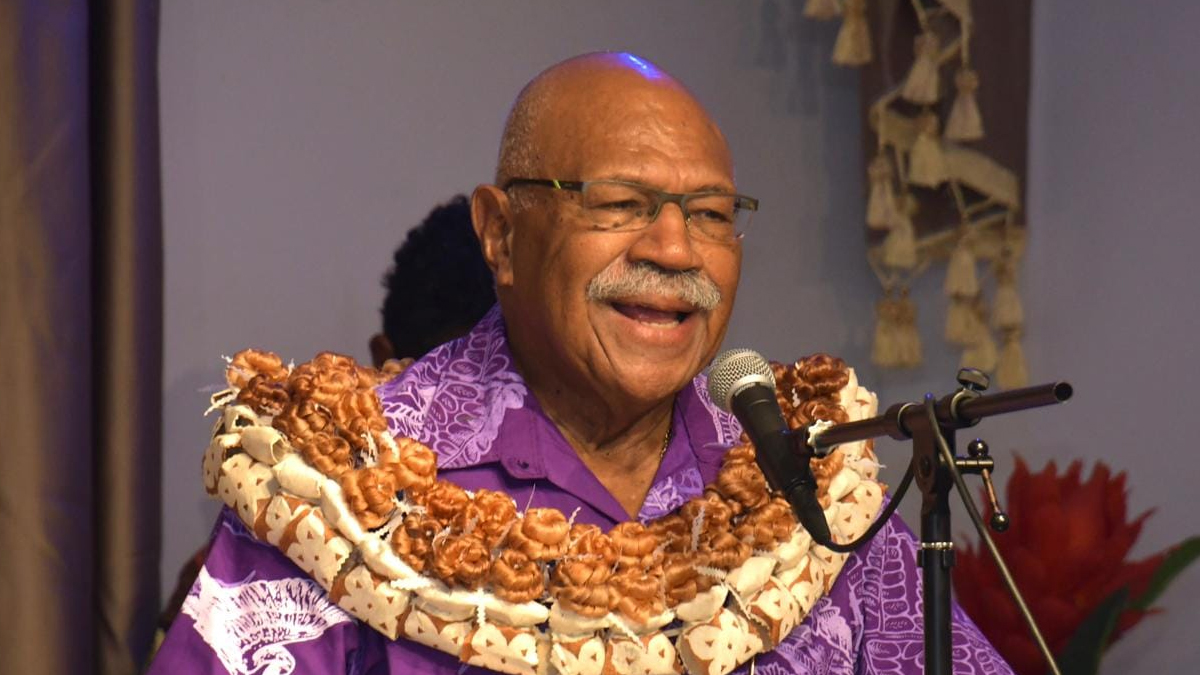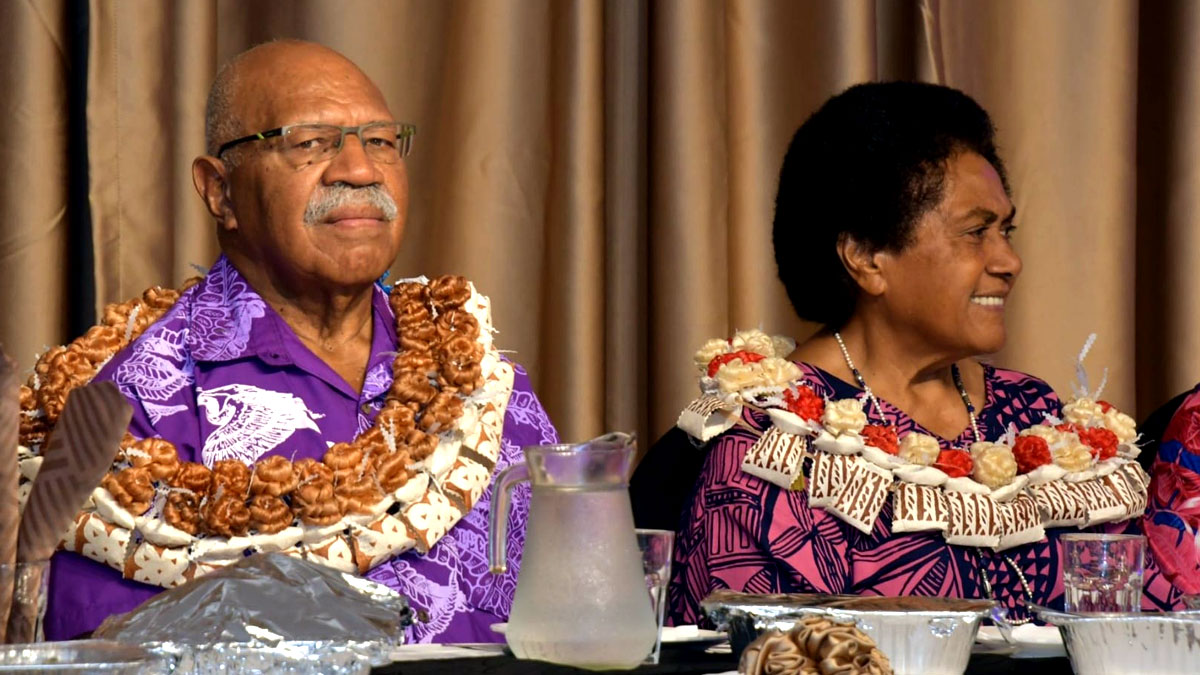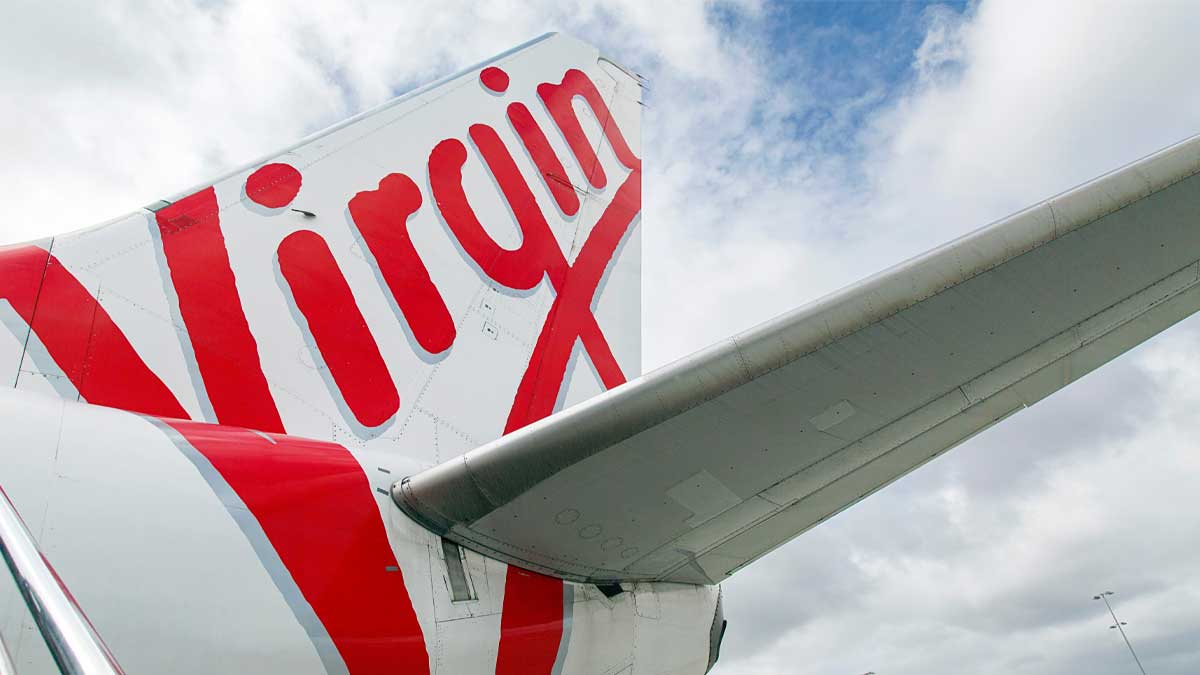
A Government plan of action to deal with the deplorably high rate of domestic violence in the country, will be implemented from now through to 2028.
While giving his message on International Women’s Day, Prime Minister, Sitiveni Rabuka says there remains one area of national life involving women that brings shame to the nation.
Rabuka says many women are regularly bashed at home by their husbands, or partners, often to the point of requiring medical treatment.
Rabuka says the perpetrators make victims of the physically weak and vulnerable and destroy their own families.
He says this is a painful and difficult subject that should be dealt with by women and men together. Rabuka says in their political doctrine for a new Fiji, they are called specifically to bring this crisis to an end.
The Prime Minister says the doctrine recognizes that love in all its forms is a mighty force for progress and change.
He says motivated by this, we can stop the epidemic of brutality.
Rabuka also says despite the advances made in relation to women in the country, there are still significant challenges in the private sector such as low and discriminatory pay.
He mentioned the recent report by Professor Wadan Narsey for the Fiji Women’s Rights Movement which, disclosed that unfair and unjust treatment of women continues.
It says they get less leisure time than men, for instance, and carry a disproportionate burden of household work.
Rabuka says these issues need to be addressed, and they will be doing that with the Ministry of Women, Children and Poverty Alleviation taking the lead, and working closely with civil society and the commercial sector.
The Prime Minister says the National Economic Summit in April has special agenda items for Women’s Empowerment and Women in Economic Development.
Part of the summit will be devoted to topics involving the on-going digital revolution.
He says this will offer an opportunity to debate and adopt initiatives positioning women to take full advantage of this.
Rabuka emphasises that the government is committed to ensuring greater equality of access across society to opportunities, services and amenities.
The Prime Minister also says our country is at the threshold of great change.
He says we have succeeded in ridding ourselves of the fear, threats and malice that reigned for 16 years.
Rabuka stresses freedom is reborn in the land.
He says we must entrench and strengthen it, so that it becomes a permanent pillar of our society. The Prime Minister says the government and the people are taking on the task of rebuilding Fiji into a nation unified in its diversity.
He says it will take time and everyone has a part to play.
Rabuka adds that on this day, let us pledge that Fiji will ensure its women take their full place in our journey.
He says we must get rid of the obstacles the attitudes and the cruelties that confront them.
Rabuka says let their intelligence, their compassion, their energy and dedication be unleashed for the nation as never before.

Prime Minister, Sitiveni Rabuka says the women of Fiji give us many reasons to be proud and grateful, and he is very happy to honour approximately half our population as we celebrate International Women’s Day.
Rabuka says we see in women wisdom, compassion, and understanding.
He says increasingly women occupy positions normally considered the domain of men.
Rabuka also offered his congratulations to Salote Panapasa, Acting Commissioner of the Corrections Service, the first woman to serve in that position. He says she has a big job to bring discipline back into the ranks; to ensure our prisons are managed humanely and to prepare inmates for returning to society.
Rabuka adds in early February at Seaqaqa, Virisila Silivere captured national attention with her extraordinary rescue of six passengers from a car sinking in floodwaters.
He says swimming in the rising water Virisila brought to safety a mother, three sons and two men.
Rabuka says Virisila, herself a mother, is a beacon of bravery.
He also says he has seen pictures of women from the interior of Viti Levu carrying their children through the waist-high fast-flowing waters of a river.
Rabuka says it was the only way they could get them to school.
He says that was the bravery and determination of mothers looking after the needs of their children.
The Prime Minister also says when Parliament was in the grip of high drama on February 17th over certain statements by the Leader of the Opposition, Voreqe Bainimarama, two of the Government’s women MPs were at the frontline as members of the Parliamentary Privileges Committee.
He says Lenora Qereqeretabua, Deputy Speaker of the House and Assistant Minister for Housing and Local Government, is the Committee’s chair.
Her colleague Lynda Tabuya, Minister for Women, Children and Poverty Alleviation, serves with her as a member.
Rabuka says it was a difficult and tense time. He says the nation was fixated on the fate of the Leader who, ultimately, was suspended from Parliament for three years.
Rabuka says Lenora and Lynda did not wilt under the pressure, they handled their responsibilities with discernment and skill.
He also says Parliament has other newly-elected women who deserve our congratulations - Sashi Kiran, Assistant Minister for Women, Children and Poverty Alleviation; Alitia Bainivalu, Assistant Minister for Tourism and Civil Aviation, and Opposition Backbencher Premila Kumar.
He also highlighted that we are falling far short of the number of women that should be sitting in the House.
Rabuka says their goal is for 30 percent representation.
He also says on February 24th the country embraced a woman of Fiji who had suffered for her beliefs in democracy and freedom.
Dr Padma Lal returned from Australia after a long, forced exile.
Rabuka says she brought with her the ashes of her late husband Professor Brij Lal, who had also been denied entry to the country of his birth.
He says she knew Brij had wanted to return to his birthplace at Tabia, Labasa, for his final rites.
At the farewell ceremony for Professor Lal, Rabuka says Padma told with simplicity and power how she and her husband were locked out of Fiji.
He says they were asked to apologise by the Fiji dictatorship for their stand in favour of democracy but through the courage of their convictions, they refused to abandon their beliefs. He says they paid the price.
Stay tuned for the latest news on our radio stations


